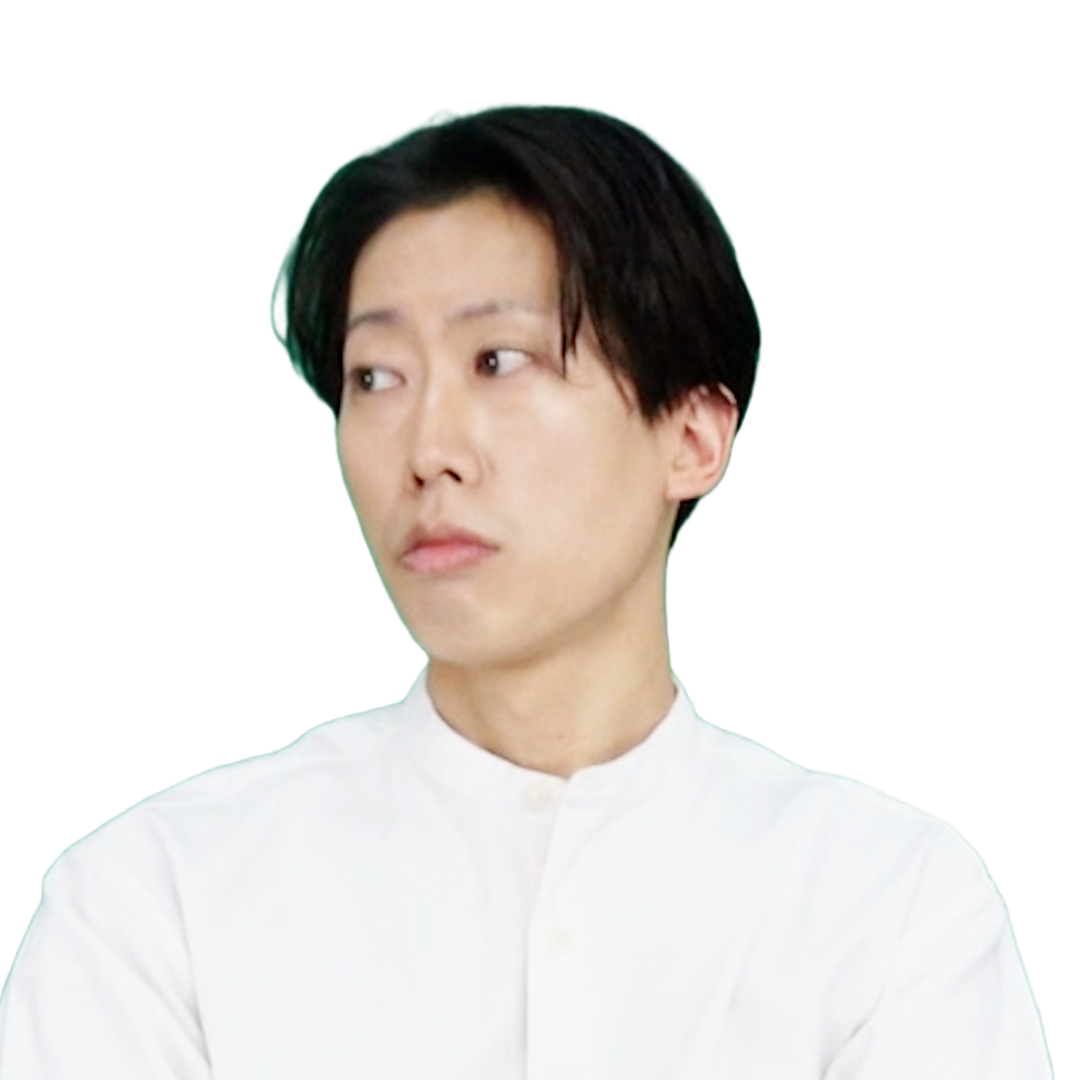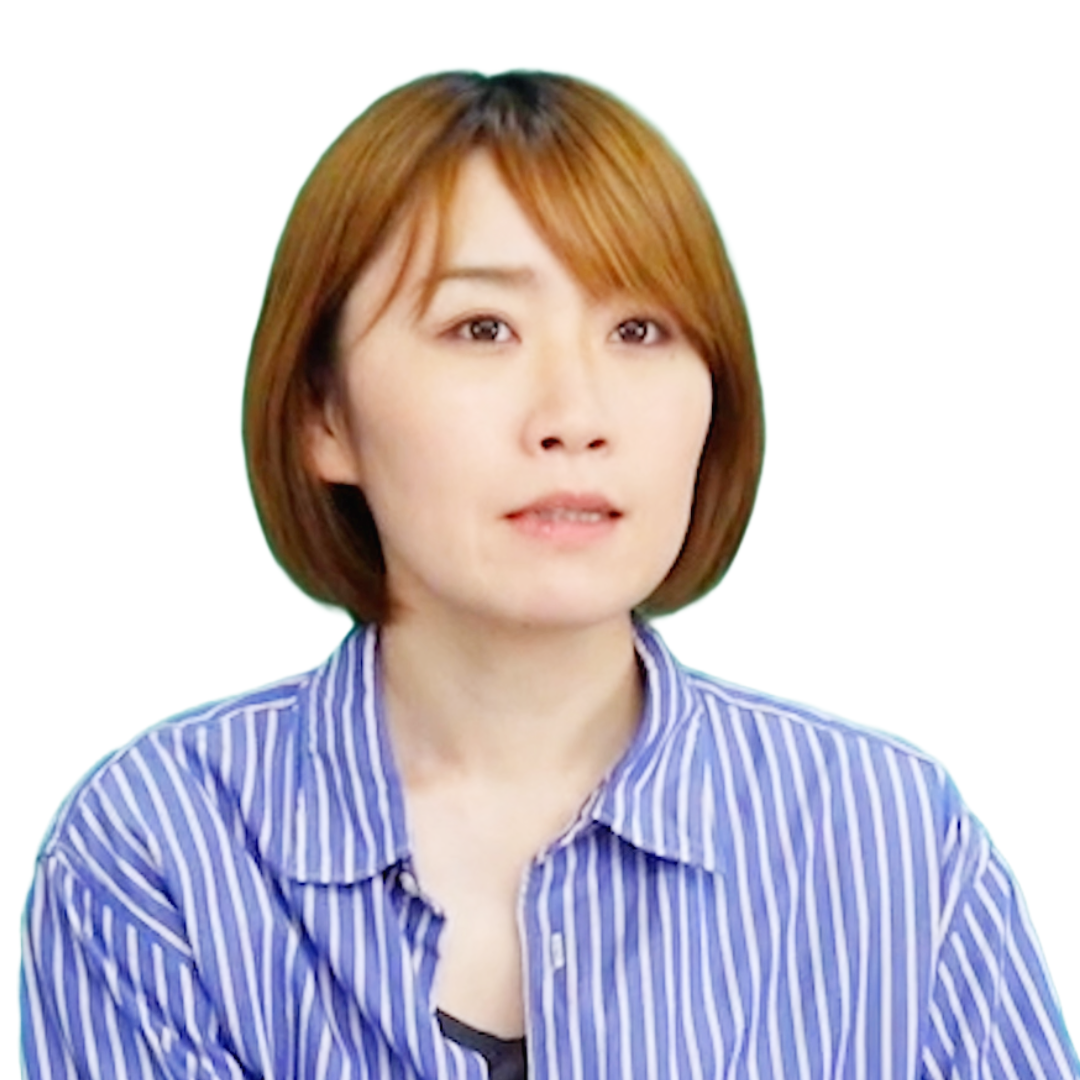
白井さん。
見積もりファイル、もって来てください。
となりの部屋にあるから。
Shirai-san, please bring the quotation file.
It’s in the next room.

はい、もって来ます。
Okay, I’ll bring it.

しらいさーん、 電話出てください。
Shirai-san, Please pick the phone.

はい、電話出ます。
Okay, I’ll get it.

もしもし、「青空商事」です。 あ、 河合ですね。
少々お待ちください。
Hello, this is Aozora Trading.
Ah, Kawai? Please hold for a moment.

河合部長!
「秋晴会社」の古井さんです。
Kawai Manager!
It’s Mr. Furui from Akibare Company.

いないって言ってください。
Tell him I’m not here.

え? お客さんですよ。
Huh? But he’s a client.

いいから、ほら。
言ってください!
Just say it, come on.
Tell him!

わかりました。 言います。
Understood. I’ll tell him.

もしもし、古井様。申し訳ごございません。 ただいま、河合は、席を外しておりまして・・・。
Hello, Mr. Furui. My apologies, but Kawai is currently away from his desk.

白井さん、 ちょっと来てください。
Shirai-san, come here for a moment.

はい、来ました。
Yes, I’m here.

これ、印刷してください。 20部。
ん?どうしたの? 早く行ってください。
Please print this. 20 copies.
Hm? What’s wrong? Hurry up and go.

行きません。河合さん、私、とてもいそがしいんです。
自分で印刷してくれませんか。
I won’t. Kawai-san, I’m really busy.
Can’t you print it yourself?

あら、そう。 ごめんなさい・・・。
Oh, I see… Sorry.
| 部長 | manager |
| 見積もり | quotation, estimation |
| ファイル | file |
| となり | next |
| 部屋 | room |
| もって来ます | take |
| 電話出ます | answer the call |
| 席 | disk |
| 言います | say |
| 印刷します | |
| いそがしい | busy |
| 自分で | by one’s self |
Verbs group 動詞のグループ
All verbs can be put into three groups. It is important to know which group a verb is in when learning Japanese grammar.
There is an “i” sound before “ます.”
・おどります o do ri ma su (dance)
・はたらきます ha ta ra ki ma su (work)
・休みます ya su mi ma su (rest)
・あそびます a so bi ma su (play)
・話します ha na shi ma su (talk)
There is an “e” sound before “ます.
・食べます ta be ma su (eat)
・ねます ne ma su (sleep)
・あげます a ge ma su (give)
・はじめます ha ji me ma su (start)
・出ます de ma su (go out)
Even if the sound before “ます” is “i,” it can sometimes belong to Gr. 2.
Below are some representative examples. Please memorize them.
・着ます ki ma su (put on)
・下ります o ri ma su (go down)
・見ます mi ma su (look)
・信じます shin ji ma su (belive)
・おきます o ki ma su (wake up)
There are only two.
・来ます ki ma su (come)
・します shi ma su (do)
| Gr. 1 | Gr. 2 | Gr. 2 (Irregular) | Gr. 3 |
|---|---|---|---|
| おどります | 食べます | 着ます | 来ます |
| はたらきます | ねます | 下ります | します |
| 休みます | あげます | 見ます | (noun)+ します |
| あそびます | はじめます | 信じます | |
| 話します | 出ます | おきます |
てform of Verbs.
In Japanese, verbs change their form depending on what is being said. This is called “verb conjugation.” The way verbs are conjugated also depends on their group. This time, we will learn the “て形 (て form) ” conjugation, which is used most frequently in conversations.
1gr.
Among the three groups, the conjugation is the most complex.
① The “い,” “ち,” and “り” sounds before “ます” change to “っ.”
② The “に,” “び,” and “み” sounds before “ます” change to “んで.”
③ The “き” and “ぎ” sounds before “ます” change to “い” and “いで.”
④ When there is a “し” sound before “ます,” it changes to “して.”
| ます 形 | て 形 |
|---|---|
| 言います say | 言って |
| 待ちます wait | 待って |
| とります take | とって |
| 死にます die | 死んで |
| 遊びます play | 遊んで |
| 飲みます drink | 飲んで |
| 書きます write | 書いて |
| 泳ぎます swim | 泳いで |
| 話します talk | 話して |
| 行きます go | 行って |
2 gr.
The conjugation is simple.
You just change “ます” to “て.”
| ます 形 | て 形 |
|---|---|
| 寝ます sleep | 寝て |
| 開けます open | 開けて |
| 見ます look | 見て |
3 gr.
The conjugation is simple.
Just memorize it as is.
| ます 形 | て 形 |
|---|---|
| します do | して |
| 来ます come | 来て |
| (勉強)します study | (勉強)して |
Vて、Vてください、Vてくれませんか
When asking someone to do something, use the て形 of the verb.
In casual situations with family or friends, simply placing the て形 of a verb at the end of a sentence makes it a casual request.

これ、食べて。
Eat it.

時間がない! いそいで!
There’s no time! Hurry up!

はしって!
run!
In formal expressions, you add “ください” after the て形 of the verb. This is mainly used when speaking to someone of lower status than yourself.

電話出てください。

ちょっと来てください。

これ、印刷してください。
If the other person is of higher status or someone you don’t know, you use “くれませんか” instead of “ください.”

自分で印刷してくれませんか。
| 朝ごはん | breakfast |
| 電車 | train |
Rearrange the words
Q1:Tomorrow is the test. Please study hard.
Q2:please look. Isn’t that a UFO?
- 明日はテストです。しっかり勉強してください
Tomorrow is the test. Please study hard.
2. 見てください。あれはUFOではありませんか。
please look. Isn’t that a UFO?
